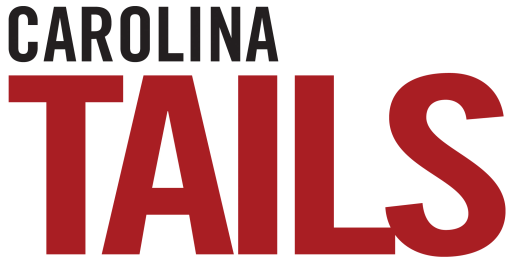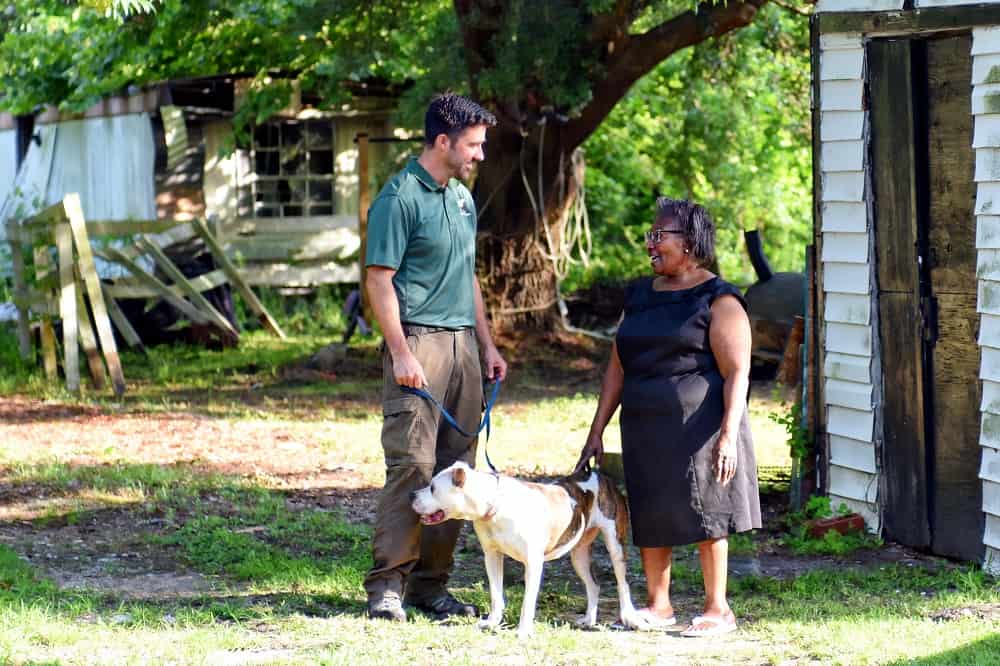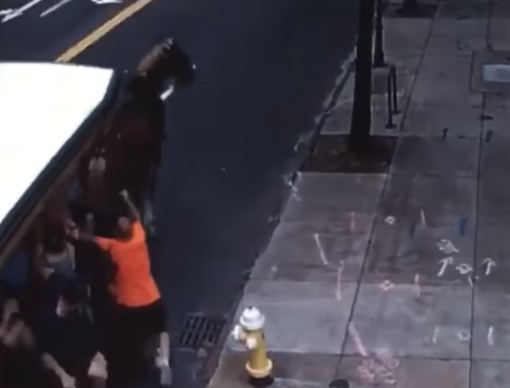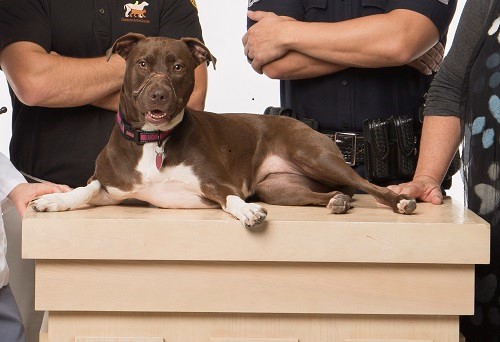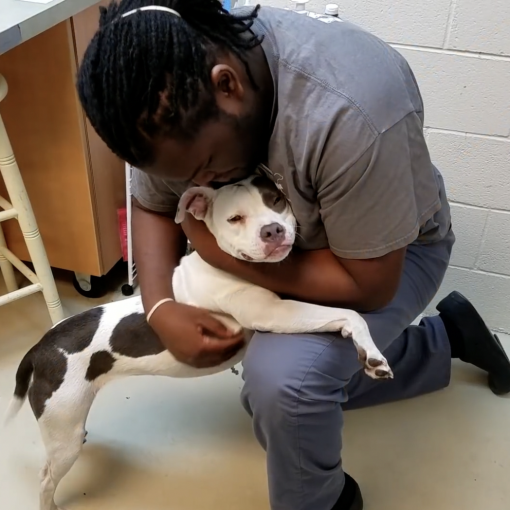By Teri Errico Griffis
Starting this summer, Charleston Animal Society will hit the road across Charleston County with the biggest companion animal initiative seen in the Lowcountry since No Kill Charleston™ and No Kill South Carolina™.
A $726,000 grant from The WaterShed Animal Fund will allow the launch of “Helping Hands for Rural Paws.” The three-year initiative will deploy Charleston Animal Society’s Simon Greer Mobile Spay-Neuter Clinic (Simon’s Rig) to rural communities across Charleston County, reaching the most remote companion animals. The targeted areas account for approximately 70 percent of Charleston County geography.
“Charleston Animal Society is a great example of a southern community that has really stepped up and used progressive measures and fantastic work to really change an entire city,” says Christy Counts, President of WaterShed Animal Fund. “Now they’re looking outside their city to see how they can help their state.”
Counts understands how underfunded the animal welfare movement is. “It’s not a sexy thing to fund and a lot of funders are scared to fund rural initiatives because there’s a lack of data and it’s that much harder to track outcomes,” she notes. “That’s why the whole purpose of the WaterShed Animal Fund is to fill gaps and find where we can make differences. We’re not interested in duplicating other foundations’ works. We have thousands of animals in rural communities that are suffering and don’t have the resources they need.”
The Need is There
According to Charleston Animal Society CEO Joe Elmore, accessible veterinary care in rural Charleston County is one of the most preventable threats facing companion animals, “The people we are aiming to serve are those that, for whatever the reason, do not seek basic veterinary care for their animals.”
A shortage of veterinary access in the countryside is not unique in Charleston County. Study after study has concluded that rural areas across the U.S. need more vet access. The Center for Animal Health in Appalachia reviewed data in 2015 that showed “75 percent of rural Appalachian counties have a veterinary shortage.”
A key component of Helping Hands for Rural Paws is to introduce people to the importance of good veterinary care and then refer them to practitioners that they can drive to in the future.
Excitement is Growing
The idea of rural support thrills Ethel Drayton. She lives more than 15 miles from the closest veterinary clinic and her dog has grown so large she can’t transport her all that way on her own. “I really think it’s a gift from God that they’re coming out to help people with animals that can’t afford to get immunized and medicated for fleas. It’s a real blessing,” Drayton says.
She also hopes the spay-neuter visits will help with the cat overpopulation problem she sees in her neighborhood. “It would be absolutely great. Further down the road there are people with cats. I used to see one cat, and now I see so many!”
The initiative has caught the eyes of state lawmakers. Representative Bill Crosby, (R) District-117 says the program “blows my mind.” Representative Robert Brown (D) District-116 represents the southern rural part of Charleston County that will see a direct impact from the program. “I am so thankful for Charleston Animal Society for starting this program. This is a wonderful pilot program for rural communities.”
Counts, with the WaterShed Animal Fund, agrees, saying as the program succeeds her organization would love to have the opportunity to introduce this model to other communities, to replicate it and scale it up.
Reaching out to Schools
An exciting aspect of “Helping Hands for Rural Paws,” will allow Charleston Animal Society’s Humane Education Program to reach 230 students each year at schools in these rural communities.
The goal is to teach humane education lessons about compassion, empathy and good animal care practices. “Reaching rural schools is challenging because of the distance,” said Charleston Animal Society Senior Director of Humane Education De Daltorio. “We are so thankful WaterShed Animal Fund believes in us and the need to teach children how important animals are.”
1,100 Animal Every Year
The grant will fund the Simon Greer Spay/Neuter clinic for three years, and Counts is both optimistic about it, and invested in its success. “In terms of South Carolina, we hadn’t seen any other organizations that are as strong and have the infrastructures Charleston Animal Society does and they came to the table with a plan to address the rural issues. That’s why we chose them. We haven’t seen anything like it.”
The goal is to touch the lives of 1,100 rural animals every year, with the first official event scheduled for July. “This is not a ‘one and done’ kind of program,” said Charleston Animal Society Senior Director of Anti-Cruelty and Outreach Aldwin Roman. “These communities will see us time and time again over the next three years.”
So, as you drive our country roads from McClellanville to Edisto Island, from Awendaw to Johns Island, from Wadmalaw Island to Hollywood, from Ravenel, Meggett, and Adams Run to Rockville – be on the lookout for “Simon’s Rig” and give a honk of support for this amazing new program made possible with the help of the WaterShed Animal Fund.
A New Advocate for Charleston Animals
The WaterShed Animal Fund is a private, separate entity within the Arnall Family Foundation. With an independent staff and strategic plan, they are dedicated to supporting innovative programs exemplary institutions and individuals to better lives of companion animals. The fund supports organizations with shared interest that demonstrate competency, transparency and problem solving.
